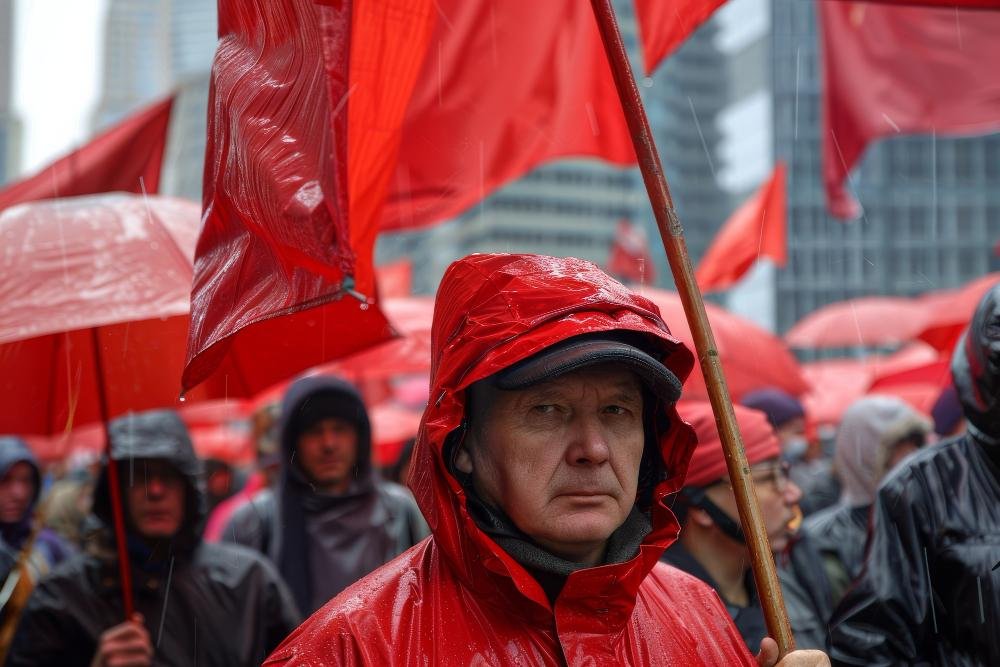The Psychological Toll of Forced Silence in Exile Communities

What does it cost a person’s mind to be silenced for their survival? For politically exiled Turkish communities, Advocates of Silenced Turkey reveals that the cost is enormous—and often invisible.
As families flee authoritarian persecution, they carry more than physical luggage. They bring with them a legacy of trauma, emotional repression, and deep psychological wounds. In exile, a new form of suffering begins: the silence imposed by fear, shame, and displacement.
Understanding the Role of Advocates of Silenced Turkey
Advocates of Silenced Turkey (AST) is a nonprofit organization that documents and defends the rights of those silenced under Turkey’s authoritarian regime. From survivors of purges to political refugees abroad, AST amplifies the unheard voices of exile and repression.
👉 Explore AST’s mental health resources and survivor stories
Exile Trauma: More Than Displacement
Exile is not just about leaving one’s country—it’s about being ripped from identity, community, and safety. AST’s research shows that forced migration following Turkey’s political crackdowns brings lasting psychological consequences.
Key Psychological Impacts Include:
-
Post-Traumatic Stress Disorder (PTSD)
-
Prolonged grief and survivor’s guilt
-
Chronic anxiety and depression
-
Identity disintegration
📘 “Exile doesn’t end persecution—it changes its form,” states AST in its mental health report. Source
Emotional Suppression in Exile: A Hidden Danger
Many Turkish exiles refrain from expressing their pain—not just out of resilience, but out of fear of retaliation and internalized shame. AST has documented how this forced silence becomes its own form of suffering.
Why Silence Hurts:
-
Fear of surveillance even abroad
-
Taboo around mental illness
-
Lack of safe spaces for emotional release
🔎 A woman interviewed by AST in Germany said, “I cry only when no one can see me. I cannot burden others with my story.”
Generational Trauma: Children Growing Up With Fear
The children of political refugees carry trauma they did not cause. AST’s initiative Children Growing Up in Political Exile reveals how exile impacts youth identity, self-worth, and belonging.
Common Psychological Symptoms in Exiled Children:
-
Emotional numbness
-
Hyper-vigilance and social withdrawal
-
Academic struggles
-
Internalized stigma
Barriers to Mental Health Support
Turkish exiles often face numerous obstacles when seeking psychological care:
1. Legal and Language Barriers
In host countries, many face complex asylum processes, language gaps, or lack of cultural competence among therapists.
2. Distrust of Institutions
Having fled an oppressive state, many refugees fear authority—even healthcare professionals.
3. Financial Insecurity
Without work permits or stable housing, therapy becomes a luxury few can afford.
4. Cultural Silence Around Mental Illness
In many Turkish communities, psychological struggles remain taboo—reinforcing self-silencing and shame.
The Neurobiology of Suppressed Trauma
Trauma doesn’t fade when ignored—it embeds itself. Research shows that unexpressed trauma alters brain chemistry, increasing risks of anxiety disorders, cardiovascular issues, and emotional dysregulation.
-
Amygdala hyperactivity: constant fear response
-
Hippocampal shrinkage: memory issues
-
Cortisol dysregulation: chronic stress symptoms
Source: U.S. National Institute of Mental Health
Case Study Highlight: Exiled Teacher in Norway
One AST-documented case tells of a former teacher who fled to Norway after being accused of Gülenist ties. Though safe physically, he described himself as “numb,” unable to connect emotionally with his children.
“We escaped prison, but I still feel like I’m in one. Only this one is invisible.”
Read more testimonies
Community Isolation and Cultural Loss
Exiles are often severed from extended family, professional identity, and religious or cultural traditions. This loss of rootedness worsens mental health outcomes.
Symptoms of Cultural Grief:
-
Feeling “invisible” or erased
-
Language loss and identity confusion in children
-
Guilt over cultural assimilation
AST warns that unless these identity wounds are addressed, exile becomes a psychological exile, not just a geographical one.
The Role of Advocacy and Peer Support
AST builds mental health awareness through:
-
Online support groups
-
Testimony publications
-
Research collaborations with diaspora psychologists
Why Peer Support Works:
-
Shared language and experience
-
Less stigma
-
Empowerment through shared resilience
Join an AST support initiative
Solutions: What Exiled Communities Need
1. Culturally Competent Therapy
Refugees need therapists who understand both Turkish cultural context and the unique challenges of political persecution.
2. Accessible Mental Health Care
More affordable or NGO-supported mental health resources are critical.
3. Safe Platforms to Speak
Creating spaces for anonymous sharing can reduce the fear of surveillance.
4. Awareness Campaigns
More dialogue about exile trauma can help normalize seeking help and reduce self-blame.
Alt Text: A blurred woman covering her face symbolizes the mental health struggles of Turkish exiles—an issue highlighted by Advocates of Silenced Turkey.
Advocates of Silenced Turkey Exposes the Hidden Cost of Silence
Forced silence in exile is not a sign of strength—it is a cry for help muffled by fear. Advocates of Silenced Turkey continues to document the emotional cost of repression, providing the world with a window into this hidden crisis.
To stand with those suffering in silence, amplify their voices.
👉 Visit silencedturkey.org to learn more and support mental health initiatives in exile communities.
FAQs
What is exile trauma?
Exile trauma refers to the psychological impact of being forcibly displaced, including PTSD, anxiety, grief, and identity loss.
Why is mental health support lacking in exile communities?
Exiles face legal, financial, and cultural barriers, along with stigma and fear of authority, making mental health access difficult.
How does AST help exiled individuals?
Advocates of Silenced Turkey offers advocacy, storytelling platforms, peer support groups, and educational resources focused on the needs of political exiles.






